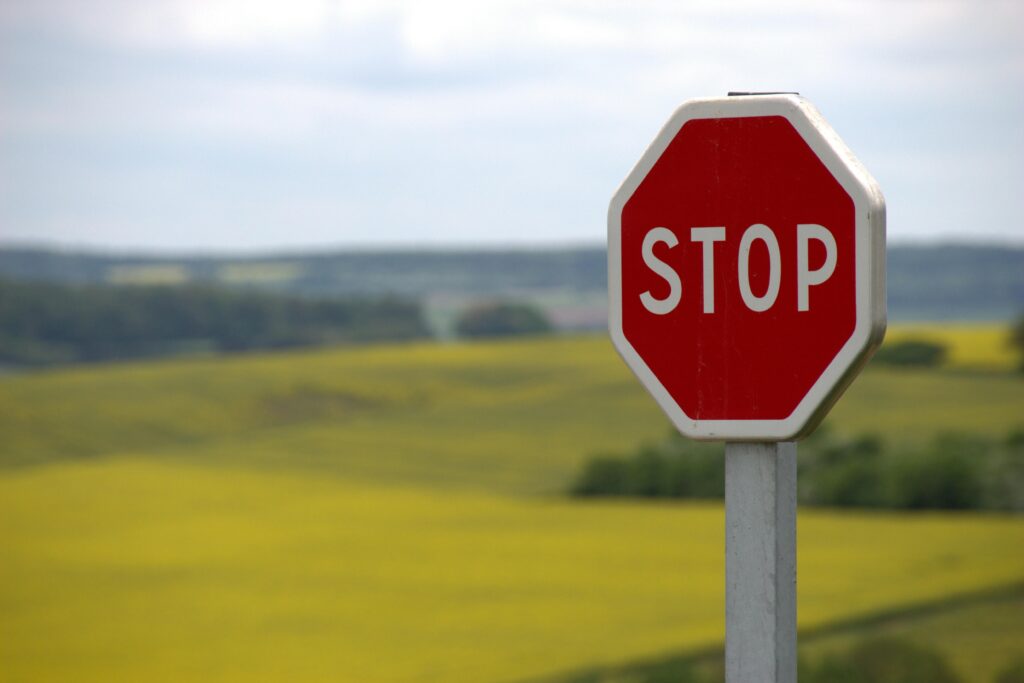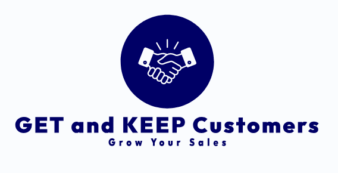
Over the past 30
years, I have had the pleasure of working with hundreds of organizations and
hundreds of salespeople, some exceptional, some good, and some, not so
good. In every case, the goal
to drive sales and profit was consistent in both the organization and the
salesperson. It is common for all
organizations and salespeople to share this goal but what is more common is a
lack of corporate strategy or sales philosophy to get there.
With reference
specifically to the sales aspect, it is common to have a diverse range of skill
sets. In any organization the philosophy
of Vilfredo Pareto holds typically true; 80% of the sales will likely be
produced by 20% of the team. More
importantly, 80% of the company’s profit will be generated by that same
20%. We could then derive that 80% of
the team are either under-performers or the 20% are over-performers. While it is likely a combination of both, it
is fair to say that the habits of the 20% are more effective. The (bad) habits of the under-performers are
those that contribute to a lack of sales success. We could and should focus on the good things
that are done in the top 20% however, it is sometimes easier to stop doing the
wrong things and ultimately correct the behavior that way. By eliminating the behavior that contributes
to time wasted, poor customer relationships, lost sales and profit, and possibly
even your job, your process will become more efficient and more effective.
I have very
successfully sold in many different companies and industries. In every industry, I quickly learned the
products, services, and company goals and sold my way to the number one
position (profit and sales) in every company.
All of this was done using sound selling fundamentals and techniques
that allowed me to fulfill the very simple job description of a salesperson, “to GET and KEEP customers”. Along
the way, I made many mistakes but quickly learned from them and offer them for
your avoidance in this program “Don’t Do That”.
In addition, I have
managed sales teams across the country in very senior positions. There are always good performers and the
mistakes are likely behind them or minimal.
But there are the others that are either learning or tried to learn and
haven’t and they continue to simply do things that should not be done. Much of the content for this program has also
been derived from their shortfalls.
Finally, as a
Professional Sales Trainer and Coach, I have facilitated hundreds of training
sessions and traveled with many salespeople.
I have witnessed things that I still do not understand how or why they
happened. They too are incorporated into
this program.
To summarize, many sales trainers will focus on all the things that you should do to achieve the ultimate goal, close the sale. While I agree that there are many things that you should do and it certainly makes sense to understand them, I have chosen to present it in reverse by offering over 40 fundamentally wrong habits that you should not do during the sales process. Ironically, if you eliminate these things, you will ultimately be doing what you should be.
